Breakfast is arguably the most important meal of the day. Many dietitians believe that a well-balanced breakfast is essential as it helps set the tone for a productive day ahead.
Fruit is a great way to round out a well-balanced meal because it’s packed in fiber and essential minerals. Continue reading to find out which fruits, according to certified dietitians, are the finest to eat first thing in the morning.
Citrus Fruits
Citrus fruits, including oranges, grapefruits, lemons, and limes, are rich in vitamin C, fiber, potassium, and phytonutrients and may aid heart health. They contain anti-inflammatory and detoxifying properties as well.
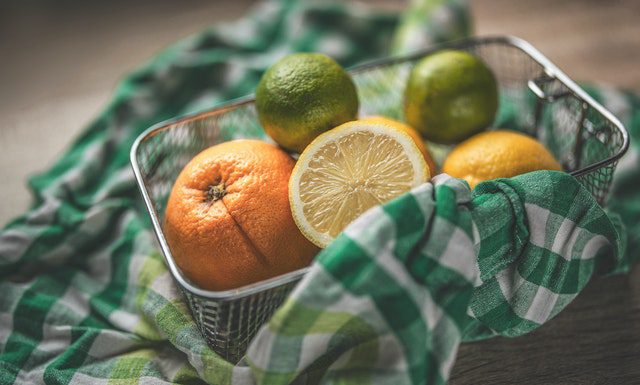
Grapefruit, for example, contains a significant amount of naringenin, a flavonoid that is known to promote a healthy microbiome environment. However, grapefruit isn’t for everyone—the phytonutrients in grapefruit have been known to affect medication dosages. So if you’re on any prescription medications, consult your doctor first.
Grapefruit may appear unappealing, but it is one of the most effective fruits for weight loss. It’s also thought to help with blood sugar balance and insulin sensitivity in the body.
Grapefruits consumed before meals have been shown in trials to help people eat less by decreasing their calorie intake.
Oranges are a simple and popular fruit fix throughout the Chinese New Year season. Oranges are abundant in vitamin C and have a low glycemic index, which helps you maintain a healthy blood sugar level throughout the morning.
It can be taken as a juice or mixed with some fruits to make a simple-healthy salad.
Apples
You’ve probably heard the saying, “an apple a day keeps the doctor away.” It could be the case when you examine all of an apple’s nutritional benefits.
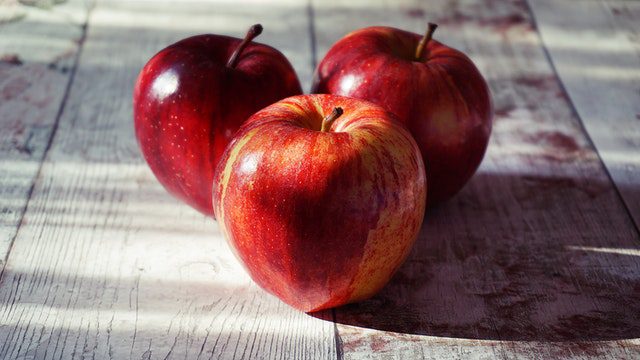
Apples are abundant in fiber, vitamin C, antioxidants, and quercetin, a flavonoid with antiviral and antibacterial properties that aid the immune system. Quercetin can also help people who suffer from seasonal allergies.
Apples also benefit from being incredibly portable, making them a good choice for those who are frequently rushed in the morning. Fiber keeps us fuller for longer, so it’s essential to include it in our breakfast to avoid mindless snacking in the morning.
Apples pair well with a range of breakfast foods, such as oatmeal, nut butter, and yogurt. Eating an apple with a slice of bread covered with peanut butter or putting stewed apples on top of a bowl of porridge makes a perfect nourishment breakfast.
Eat an apple every morning to keep the pounds away. It has a lot of fiber, which is essential for decreasing belly fat. Apples are rich in antioxidants and contain natural detoxifying agents.
Raspberries
Raspberry berries are yummy, adding to smoothies, cereal, yogurt, and even nut-butter topped toast in the morning.
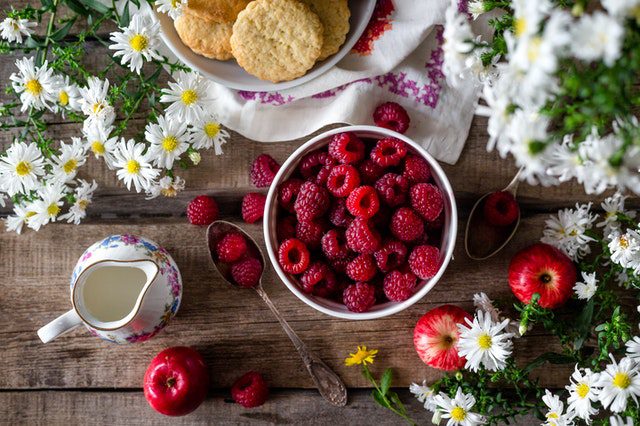
Raspberries are tiny powerhouses of various phytonutrients. We can readily obtain antioxidant and anti-inflammatory ingredients by eating the fruit whole (skin and seeds). Raspberry berries are abundant in vitamin C and fiber, as are other fruits.
A one-cup meal of raspberry berries contains about eight grams of fiber and 64 calories. Raspberries are also rich in Vitamin C and have the most significant amount of water of any fruit.
Because these red fruits are known to reduce cramps and tension, they may be especially beneficial to women during their menstrual cycles. Combine it with fresh oats or chia seeds to make an excellent smoothie.
Pomegranate Seeds
For a fruit that many people overlook, pomegranate seeds offer a lot of nutritious value.
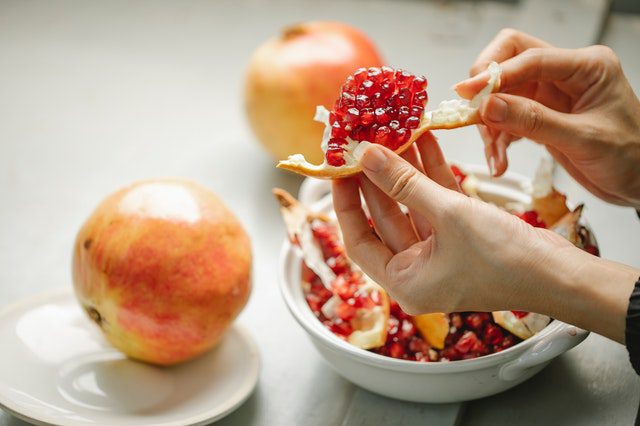
These ruby, jewel-like seeds are rich in antioxidant polyphenols called anthocyanins, which have been studied for their potential to prevent prostate, colon, lung, and breast cancer by preventing free radical damage to replicating cells. Pomegranate seeds are unique edible seeds with considerably more antioxidants than comparable amounts of fruit.
In addition to antioxidants, pomegranates are rich in vitamin C, vitamin K, potassium, fiber, and folate. For a tasty and nutritious breakfast, toss a half-cup of pomegranate seeds into a bowl of yogurt or oatmeal.
Blueberries
Blueberries are an excellent fruit to eat first in the morning because a one-cup serving has approximately four grams of fiber.
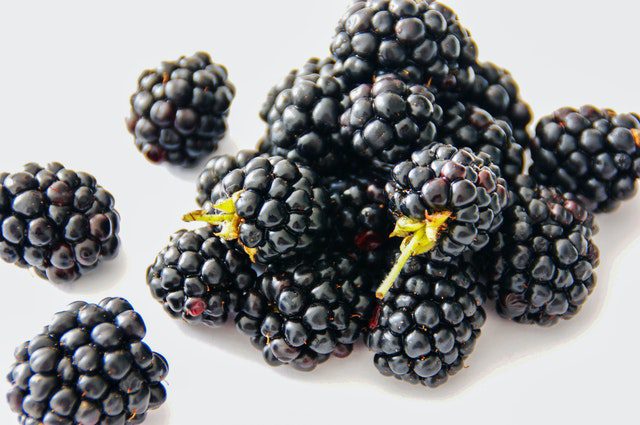
They are rich in vitamin C, manganese, and polyphenols, antioxidants, and anti-inflammatory phytonutrients that can aid with heart health and prevent other chronic diseases. For a substantial breakfast, add a cup of blueberries to your porridge.
Blueberries are one of the healthiest fruits available. They’re known to help with urinary tract infections, which are a common concern among women. Eat some blueberries in the morning after a strenuous workout to help alleviate muscle soreness.
Make blueberry pancakes or mix them into Greek yogurt for a quick breakfast.
Kiwi
It’s a tasty fruit to have for breakfast or any other time of the day. Is the thought of peeling and slicing kiwi fruit putting you off? Cut it in half and scoop out the fruit with a spoon.
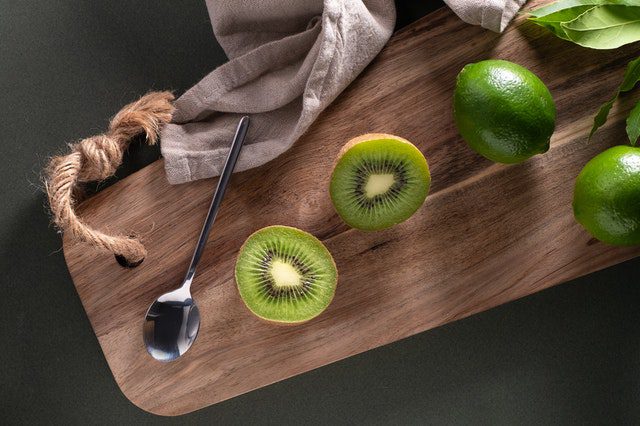
The following are some of the health benefits of kiwi: it is high in vitamin C, which can help boost immunity. It’s also heavy in fiber, which aids digestion while also making you feel fuller.
Cantaloupe
Cantaloupe is high in vitamins A, C, potassium, and fiber. It’s also high in water, making it ideal for those mornings when you don’t feel like drinking water. The recommended serving size for cantaloupe is one to two cups because this fruit is low in calories; you don’t have to worry about how much you consume.
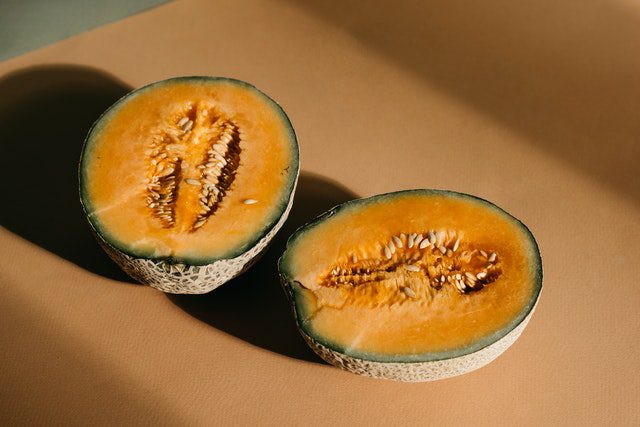
Bananas
Because they come in their natural packaging, bananas are one of the easiest fruits to slip into your backpack and carry with you in the mornings.
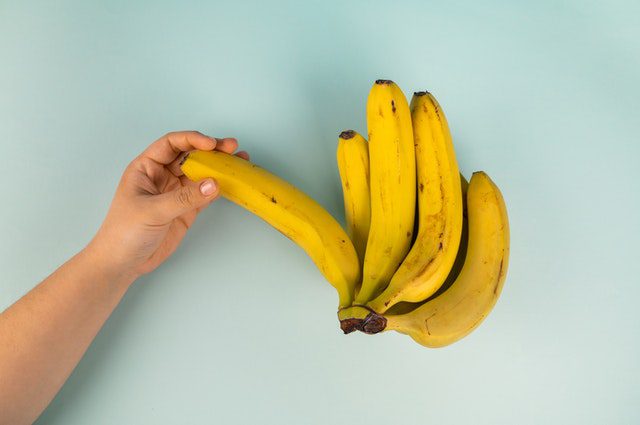
They also include resistant starch, which is good bacteria in your gut that our bodies don’t digest. Bananas also contain fiber, B vitamins, and minerals such as potassium, manganese, and magnesium.
Bananas are high in potassium and low in sodium, so they’re a smart choice for lowering blood pressure and preventing stroke.
While eating bananas on an empty stomach is not recommended owing to their acidity, slather some peanut butter on top or put some slices into your oatmeal for a quick breakfast.
Avocado
If you’re a fan of avocado toast, you’re well aware that it’s one of the most delicious breakfast alternatives available. But that might not be the only reason you eat avocado toast; aside from being delicious, it also makes many of us feel great. I find that eating avocado toast in the morning keeps me full for several hours.
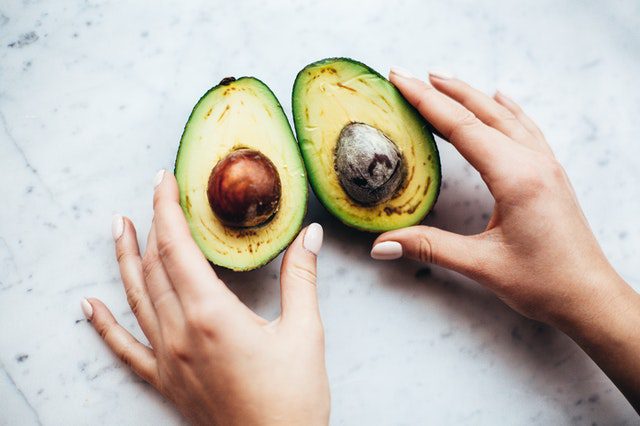
Avocados are an excellent fruit to have for breakfast because they are high in fiber. Because most of us do not consume the necessary 25-38 grams of fiber per day, starting your day with a fiber-rich fruit like avocado will aid digestion and keep you content for longer.
A half-cup avocado serving has roughly 5 grams of fiber, as well as healthful fat (which helps you feel full!), vitamins K, E, and C, and folate.
Avocados are the newest health craze, and it’s simple to see why, with so many vitamins ranging from C to E. There are also monounsaturated fatty acids, which reduce inflammation—spread avocado slices on toast and top with chia seeds for a healthy breakfast.
Cherries
If you suffer from migraines, cherries are an excellent first-thing-in-the-morning snack. Eat a few cherries to avoid the mid-morning slump. Cherries improve brain activity and concentration.
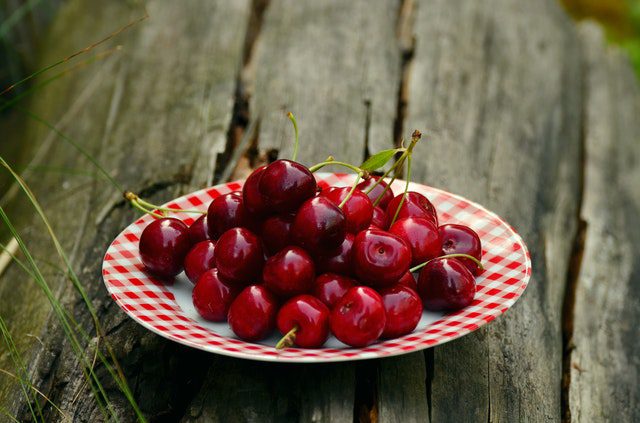
Low-calorie snacks have also been linked to improved heart health. Make a cherry crumble or a fresh sorbet for a cold and delicious breakfast.
Watermelon
Watermelons have a high water content, making them one of the best fruits to eat when the weather is hot.
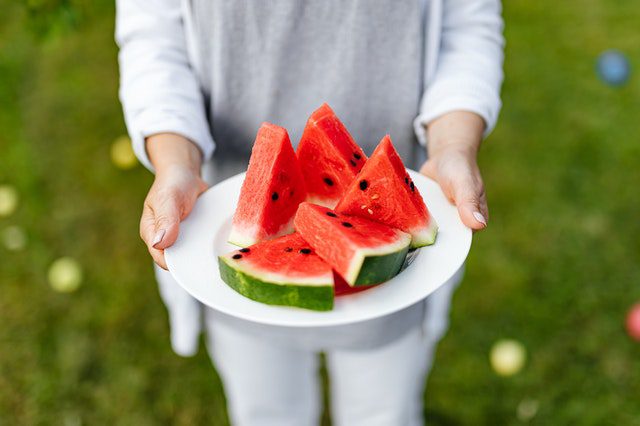
This fruit contains vitamins A and C, which help to give your skin a healthy glow and reduce wrinkles and puffiness. Drink it as a morning juice, or add some watermelon jam on your toast before leaving the house.
Strawberries
Strawberries are high in anti-aging properties, which are beneficial to hair, skin, and nail health.
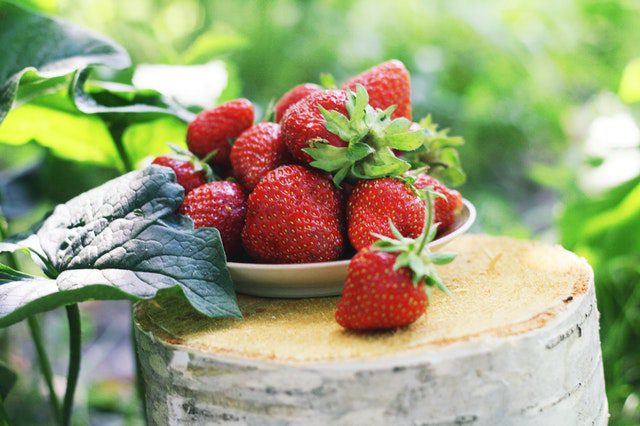
They’ve also been linked to a lower incidence of esophageal cancer and vision loss. Drizzle some strawberry sauce on top of the French toast, or make a smoothie bowl topped with fresh-cut strawberries and chia seeds.


